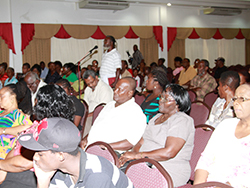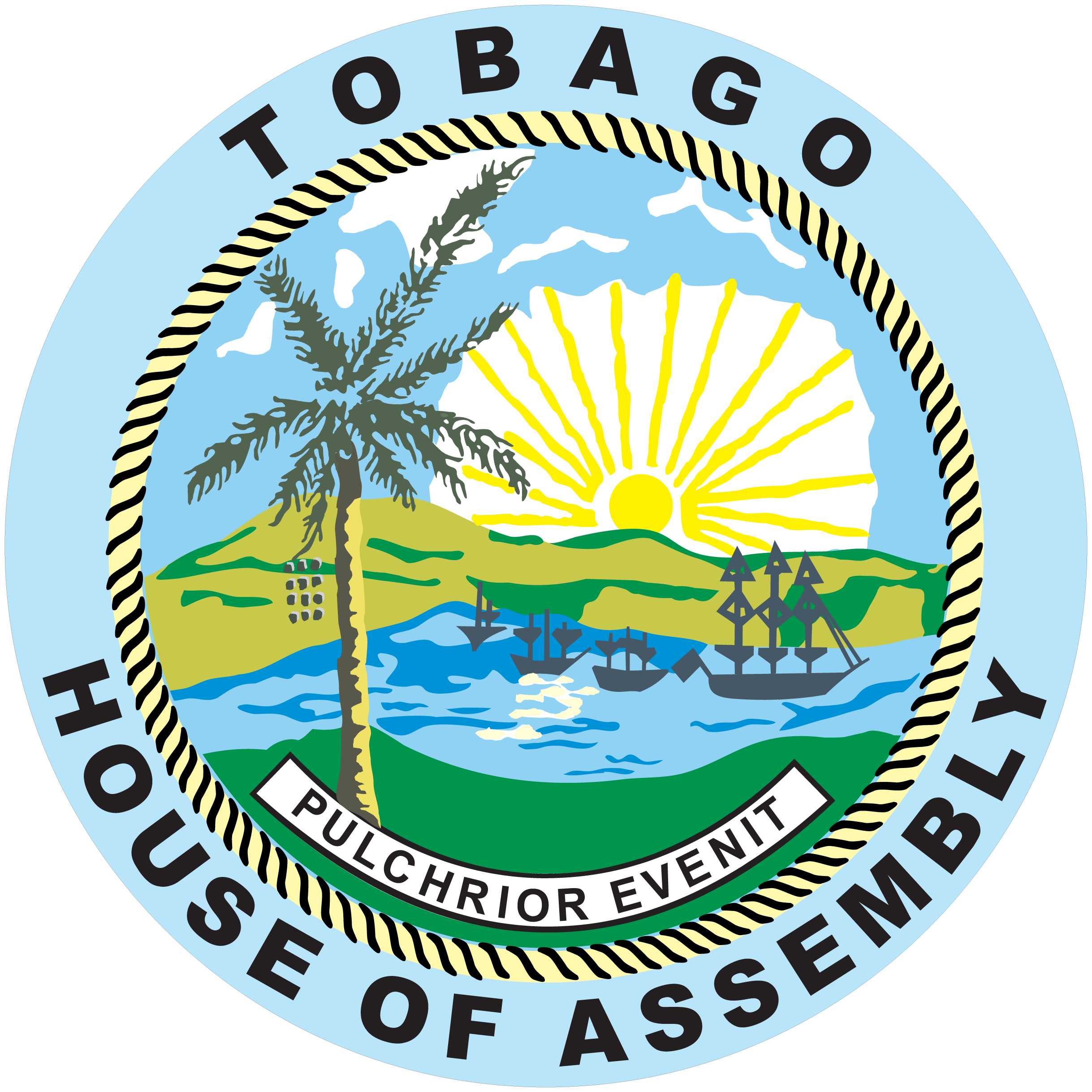
It also recommended that this commission direct the necessary transfers of power and responsibilities in a timely, efficient and proper manner.
The report was presented to the first in a series of four conferences held following 12 consultations on Tobago’s autonomy, hosted by the Tobago Autonomy Commission. It was presented by secretariat member Zelma Cowie at the Rovanel’s Resort on Sunday.
The secretariat further recommended that constitutional mechanisms be established to ensure economic equality between Trinidad and Tobago while the issue of reparation must be considered.
Its final recommendation is that the Government and the Tobago House of Assembly put aside their politics and instead collaborate on the management of both islands in the interests of the people and for the greater good of both Trinidad and Tobago.
At the end of the four-hour conference, the participants voted overwhelmingly in favour of autonomy. Nobody in the packed auditorium indicated opposition to the proposal.
Cowie said that the report was commissioned to reflect the views of a wide cross-section of the Tobago population on issues pertinent to Tobago. “It is anticipated that a consensus can be reached on an effective process for granting full autonomy to Tobago, leading to the resolution of what is regarded as a long-outstanding issue.”
She noted that participants at these meetings in June were directed to use, as the basis for discussion and comments, the findings from the report of the independent Autonomy Commission appointed to examine proposed legislative offerings. At the same time, she said, contributors were urged to accept or reject any or all of what is contained in the Commission’s Report.
She said that the resulting Secretariat Report was compiled from views expressed, papers submitted and e-mails received and focuses on six major issues: equality of status between the islands and a constitutional and legislative and administrative framework reflecting this; definition of the boundaries of each island in accordance with the constitution; the responsibility of the THA to formulate and implement policy on all matters affecting the lives of the people of Tobago; an amendment of the THA Act to have a THA voice in the Parliament; legislation for the wider participation of society in the decision making process of the THA; and management and control for the inter-island transportation systems to reside in Tobago.
Cowie said the majority of people at the consultations agreed that equality of status between Trinidad and Tobago is most desirable, and that there is an urgent need to revisit the demarcation of the marine boundaries of Trinidad and Tobago. She said that the majority of people who commented on this issue agreed that Tobago should have jurisdiction and control over its economic resources on land and sea, and that the jurisdictions between Trinidad and Tobago should be the starting point to decide the revenue-sharing mechanisms.
There was also consensus that Tobago should have the right to make laws for the island, should have the authority to borrow on its own ability to service its commitments, should acquire greater control in matters of education and should assume responsibility for formulating and implementing fiscal policy including taxation measures.
However, she said, some issues regarding the recall provisions and residential qualification in the report of the Autonomy Commission remained unresolved, while the issue of “community participation” ought to be revisited, as the majority of participants indicated it was a vague notion and may be subject to abuse by the Executive in its implementation.
